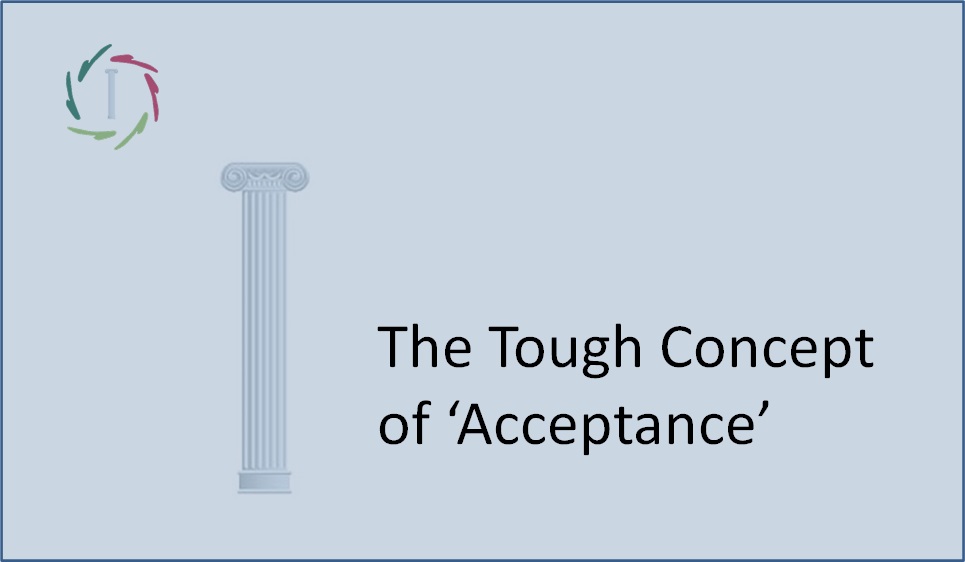Your Internal Voices

You can call the talking in your head, which is probably going on right now, your internal voice. With more than one standpoint, these are your internal voices.
The mumbling of your mental-neuronal patterns
The brain works this way: A continual neuronal activity – synaptical and otherwise – forms an aspect of your brain cells’ being alive. Part of this activity reaches consciousness in dreams at night (although you immediately forget most of them). During the daytime, part of it comes forth as daydreams or as what you are ‘hearing’ now, even while reading this text.
Every human being experiences this in normal circumstances. An abnormal circumstance may be deep meditation.
One or more
This mumbling can be felt, or ‘heard,’ as being of one or more varieties. Some typologies handle these as being one or more entities with characteristics of active agents. Thus, these appear to be able to act as distinct semi-personalities ― as if there is an X and a Y inside you, waiting to be discovered.
For instance: your ‘Inner child,’ your ‘Voyager,’ your ‘Eternal critic.’ Anything is possible. These are what I denote as internal voices.
When the active agents start leading their own lives much at their own free will, the afflicted person can start suffering from this idea, evolving into a condition called ‘Multiple Personality Disorder’ (MPD).
There are no active agents to be discovered.
However, the mind/brain is prone to forming self-perpetuating patterns (SPPs). These are conglomerates of loose patterns (content) that reinforce each other (see my e-book 3). If such SPPs get stronger, they can also get more modular, therefore, more independent of other SPPs or the person as a whole.
Such SPPs are not discovered but formed. Actually, any thought that appears in your mindscape is another example of the same principle.
The formation of an agent
By focusing again and again on such an SPP as if it is an active agent, one can start seeing it.
Compare it to slightly scratching your skin again and again. After a while, a red spot appears. This red spot is not discovered but formed. When you impulsively keep scratching, it can become prominent and be present even when you’re not scratching for a while.
Internal voices can be useful
When used judiciously, internal voices can provide valuable information about yourself. You can see them as a kind of subconceptual communication. AURELIS sessions are full of subconceptual communication, although I never use internal voices as a technique. I am weary of creating conditions favorable to MPD. Especially in a state of deep relaxation/meditation, anxiety is realistically near.
So, to be used with care, not as ‘agents to be discovered,’ but as tools that you can use effectively while taking care that the tools don’t start using you.
Some more issues
Apart from the mentioned risk of MPD, internal voices as ‘real entities with personality features’ have no future in science. They are figments of imagination, as are many AURELIS sessions. As such, no problem; as more than such, no truth ― therefore, no scientific validation, ending some day in pitiful discredit. Note that it is then not ‘some kind of AURELIS’ but the opposite.
Another issue with ‘internal voices as real personalities’ lies in the vein of MPD without reaching the level of pathology. Even then, they can heighten inner dissociation if used inappropriately. This is, they can cause internal division in seeing oneself not as a total person. They might even hinder your acting as a total person. As you may know, striving for the latter is an AURELIS endeavor. I’m not sure whether this can lead to some inner conflict.
Conclusion
Use, if you like, internal voices poetically, purely symbolically, as tools of in-depth communication.
In that case, you can learn from them and enjoy.


